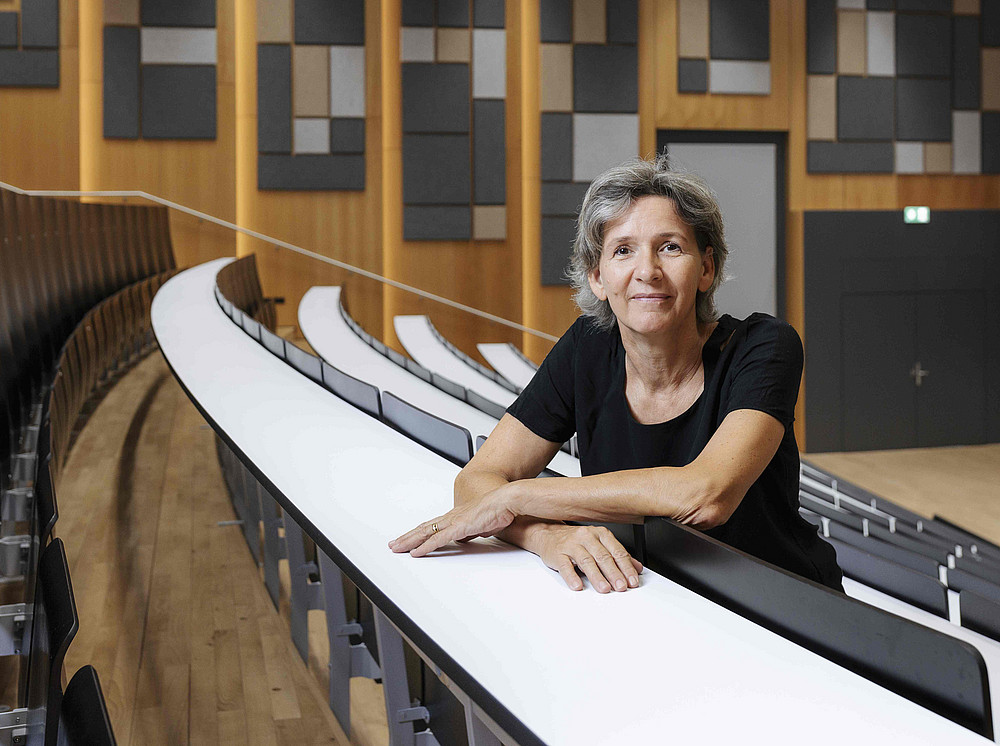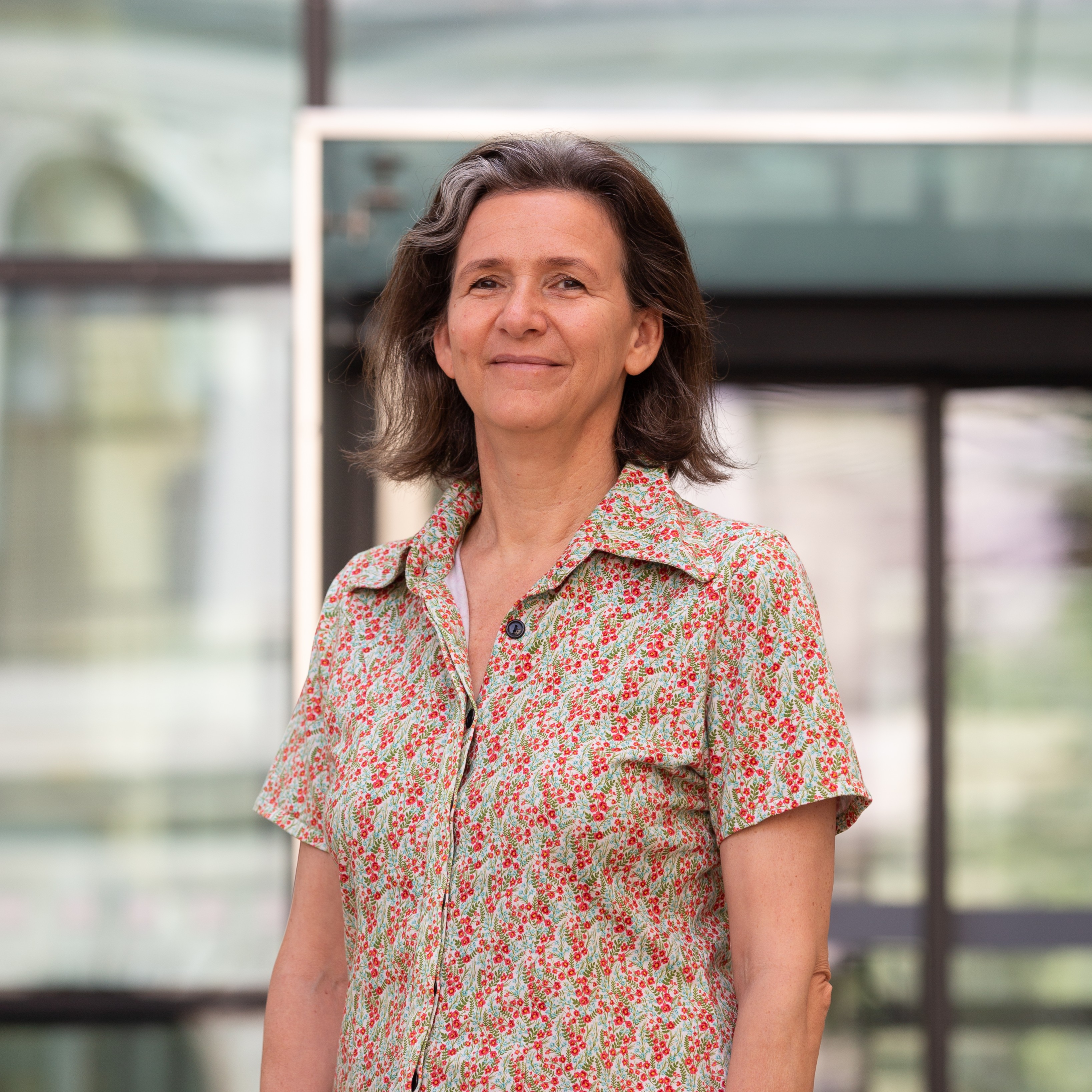Kathrin Otrel-Cass: "Technology doesn't just change how we learn - it changes what learning means."

After 27 years of international research, Kathrin Otrel-Cass brings a unique perspective to the Austrian educational landscape as a university professor at the Institute for Educational Research and Teacher Education at the University of Graz. As a member of the educational technology cluster at FUTURE EDUCATION, she combines her expertise in techno-anthropology with innovative educational research.
Her academic career began with a teacher training programme in biology and earth sciences at the University of Salzburg. But instead of taking the traditional route, she followed her passion for research to New Zealand, where she worked intensively on science education and the interface between indigenous knowledge and Western educational concepts during her doctorate. "Working with the Māori communities fundamentally shaped my understanding of knowledge transfer," reflects Otrel-Cass. "There, knowledge is not understood as a possession, but as a responsibility."
During her 17 years in New Zealand, she developed methodological approaches to video analysis in an educational context - an expertise that later became the basis of the first Austrian video archive for educational research. Her publications on visual ethnography and the role of emotions in science lessons attracted international attention and established her as a pioneer in qualitative educational research.
The move to Denmark marked a decisive turning point in her research biography. At Aalborg University, she immersed herself in techno-anthropology and investigated how digital technologies not only support human learning processes, but fundamentally redefine them. "Technology is not a neutral tool," she emphasises, "it actively shapes how we think, feel and relate to each other - especially in an educational context."
Her research into young people's digital practices and their impact on identity formation and social participation has led to several EU-funded projects. Her work on the ethical dimensions of educational technology and critical data literacy in particular is now shaping the international discourse. "We need to understand that algorithms and AI systems are already deciding which learning paths are open to children. Making this black box transparent is a democratic necessity."
Otrel-Cass has been bringing these perspectives to Austria since 2020. At the University of Graz, she heads a research group for digital educational practices in which student teachers not only work with technology, but also learn to critically reflect on its social embedding. "I want my students to understand: Digitalisation in schools is not about handing out tablets. It's about recognising how digital infrastructures can reinforce or reduce inequalities."
Her current research project is investigating how changing digital ecosystems create new forms of vulnerability among young people - and what skills schools need to teach in order to address these. She is also interested in the influence of socio-economic factors. "The digital divide is not just a question of access to devices. It's about cultural capital, about networks, about the ability to navigate digital spaces in a self-determined way."
Her methodological innovations, particularly the development of participatory research approaches with children and young people, have provided new insights into educational research. The video archive she set up at the University of Graz now serves as a model for similar initiatives in other countries. "Video reflection enables teachers to look at their own practice from a distance - a powerful tool for professional development."
Otrel-Cass sees the international perspective as essential for the further development of the Austrian education system: "My years abroad have shown me that much of what we currently consider to be without alternative is just one of many possibilities. Opening up these horizons - for my students, in research, in the education policy discourse - is what drives me."
At the same time, she warns against naïve faith in technology: "The question is not whether we use technology in schools - we have been doing that for a long time. The question is whether we use it in a way that promotes educational equity instead of cementing existing privileges. This requires critical research, courageous teachers and the political will to tackle structural changes."
